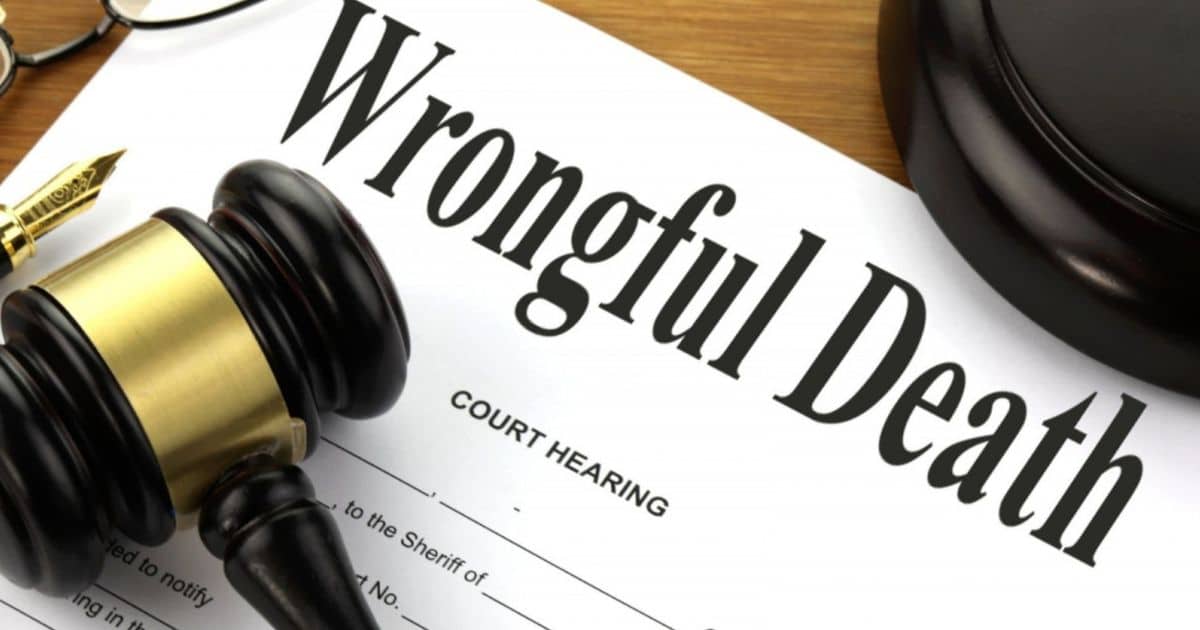Losing a loved one is a devastating experience. When that loss is caused by another person’s negligence, the pain can be even more profound. Not only do families face emotional trauma, but they also often experience significant financial hardship.
If you or someone you know has lost a loved one due to negligence, it’s important to understand your rights and options. Getting help from a wrongful death attorney can be a crucial step in seeking justice and compensation.
In this article, we will explore the process of filing a wrongful death lawsuit and provide guidance on what to expect along the way.

Gathering Evidence
Building a strong wrongful death case requires gathering as much evidence as possible. This evidence can help prove negligence and establish the damages caused by the loss. Key types of evidence include:
- Medical records: These documents can show the victim’s health status before and after the incident.
- Accident reports: Official reports from law enforcement can provide details about the circumstances surrounding the incident.
- Witness statements: Testimony from individuals who witnessed the incident can be crucial in establishing liability.
- Expert testimony: Experts in relevant fields, such as medicine or engineering, can provide valuable insights and opinions.
To obtain and preserve evidence, it’s important to act quickly. Contact a wrongful death attorney as soon as possible to discuss your case and get guidance on how to gather and protect evidence.
Hiring a Wrongful Death Attorney
Working with an experienced wrongful death attorney can significantly improve your chances of success. Attorneys can provide expert guidance, negotiate with insurance companies, and represent you in court if necessary.
When choosing an attorney, consider factors such as:
- Experience: Look for an attorney with a proven track record in handling wrongful death cases.
- Reputation: Ask for referrals from friends, family, or other attorneys.
- Communication: Ensure your attorney is responsive and easy to communicate with.
A wrongful death attorney will play a crucial role in handling your case. They will investigate the incident, gather evidence, negotiate with the opposing party, and, if necessary, represent you in court.
The Legal Process
The legal process for a wrongful death lawsuit typically involves several stages:
- Filing a complaint: The attorney will file a lawsuit against the negligent party.
- Discovery: Both sides will gather information and evidence through depositions, interrogatories, and document requests.
- Trial: If the case cannot be settled, it will go to trial, where a jury or judge will decide the outcome.
- Appeal: If either party is dissatisfied with the verdict, they may appeal the decision to a higher court.
The outcome of a wrongful death case can vary. In some cases, a settlement can be reached outside of court. In others, the case may go to trial and result in a verdict in favor of the plaintiff.
It’s important to follow the legal process and deadlines carefully. A wrongful death attorney can help you navigate the complexities of the legal system and ensure that your rights are protected.
Resources and Support
Losing a loved one can be a deeply emotional experience. It’s important to seek support from friends, family, and mental health professionals. There are also many resources available to help families who have lost loved ones due to negligence, including:
- Support groups: Connecting with others who have experienced similar losses can provide comfort and understanding.
- Victim advocacy organizations: These organizations can offer support, information, and legal assistance.
In addition to emotional support, it’s important to take care of yourself physically. Ensure you eat well, get enough sleep, and engage in activities that help you relax.
The legal landscape for wrongful death cases can vary from jurisdiction to jurisdiction. It’s important to consult a local wrongful death attorney to understand the specific laws and regulations that apply to your case.
